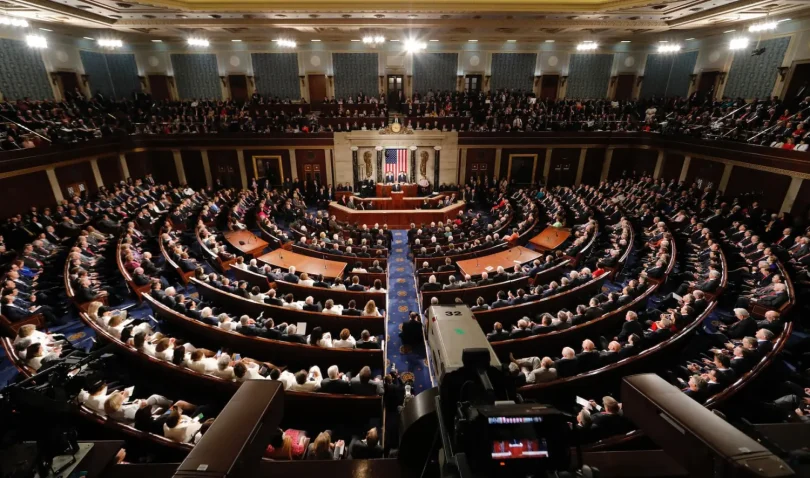The Subcommittee on Africa of the United States House of Representatives will convene an open hearing on Thursday, November 20, 2025, to examine President Donald Trump’s recent redesignation of Nigeria as a Country of Particular Concern (CPC).
If upheld by the U.S. Senate, the designation empowers Washington to impose targeted sanctions on Nigerian officials implicated in religious persecution and restrict certain bilateral assistance. It also signals to the global community that religious freedom issues in Nigeria remain grave and unresolved.
The session, scheduled for 11:00 a.m. in Room 2172 of the Rayburn House Office Building and streamed live online, will be chaired by Congressman Chris Smith.
According to the committee’s notice, the hearing will feature two panels comprising senior U.S. State Department officials and Nigerian religious leaders.
The first panel will include Jonathan Pratt, Senior Bureau Official for African Affairs, and Jacob McGee, Deputy Assistant Secretary in the Bureau of Democracy, Human Rights, and Labor.
The second panel will feature:
-
Nina Shea, Director, Center for Religious Freedom
-
Bishop Wilfred Anagbe of the Makurdi Catholic Diocese
-
Oge Onubogu of the Center for Strategic & International Studies
The hearing follows Trump’s October 31 declaration placing Nigeria once again on the CPC list due to alleged severe violations of religious freedom, particularly targeting Christians.
Trump said the lives of Christians in Nigeria were under “existential threat,” accusing extremist groups of killing thousands. He warned that the United States would consider halting all aid to Nigeria and even contemplate military action should President Bola Tinubu’s administration fail to curb the violence.
“If the Nigerian Government continues to allow the killing of Christians, the USA will immediately stop all aid and assistance to Nigeria,” Trump said, adding that he had instructed the Department of War to prepare for possible action.
The statement has stirred intense debate within Nigeria and abroad, with many questioning the implications of U.S. intervention and the accuracy of the claims.
The upcoming hearing is expected to provide deeper insight into Washington’s stance, the evidence behind the designation, and potential diplomatic consequences for Nigeria.

